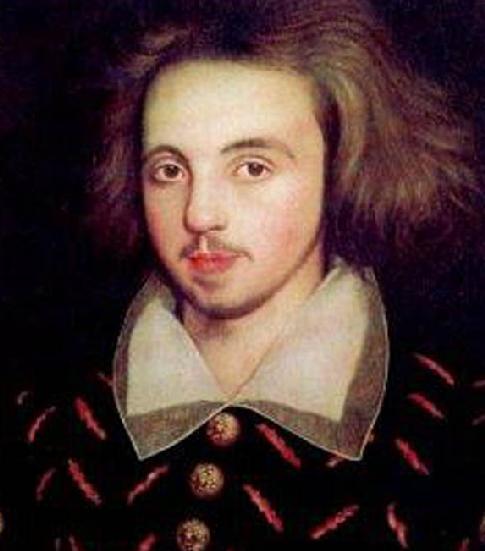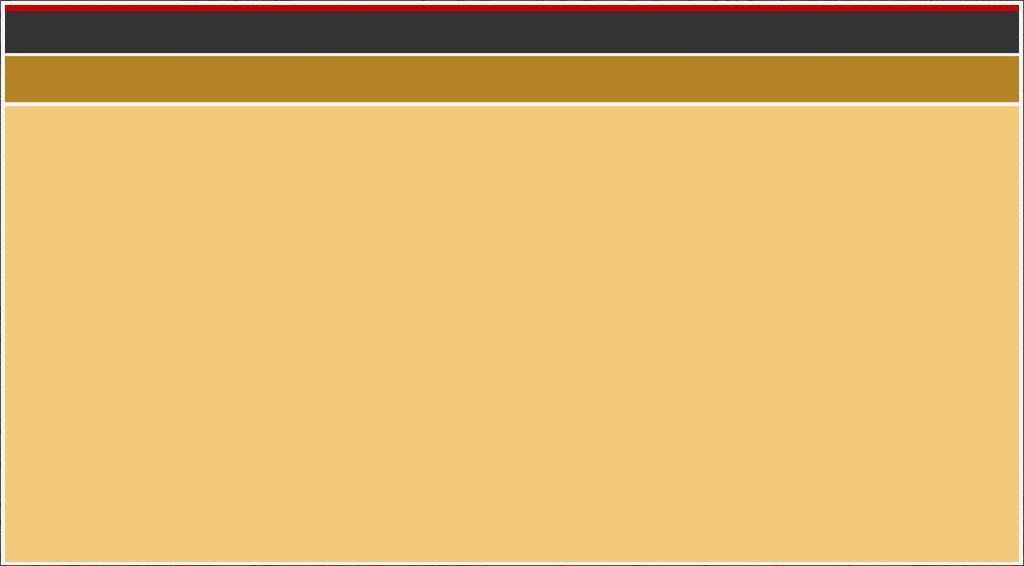
| Documents |
Marlowe in Primary Sources
Quite a
bit of documentary
evidence is available for Christopher Marlowe, despite the fact that the trail ends when he is 29.
Most of the evidence results from Marlowe's troubles with the law. He was arrested for homicide in 1589 when he and his friend Thomas Watson fought with William Bradley, resulting in Bradley's death. He was arrested for coining in Flushing, Netherlands, in 1592 along with his arch-enemy Richard Baines, and sent back to the Privy Council for them to sort out the truth. Then, in 1593, Marlowe was arrested after his former roommate, the playwright Thomas Kyd, told the authorities that a forbidden treatise found in his study by the religious thought police belonged to Marlowe.
A large body of documentation followed the Deptford meeting of May 30, 1593, where it was reported that Marlowe was killed by Ingram Frizer, while Robert Poley (a high level intelligence operative) and Nicholas Skeres looked on.
Marlowe
The only writer with the proven ability to write poetry and dramatic verse at a "Shakespearean" level. For two centuries, scholars have proclaimed that Shakespeare learned how to write by studying Marlowe's style.
Speculation that they were friends and shared manuscripts is prompted by the striking similarity of Marlowe's later works to Shakespeare's early works.

Peter Farey's Marlowe page.
CONTENTS:
KATHERINE BENCHKIN'S WILL
The complete text of the will with the only known example of Marlowe's handwriting, together with John Moore's evidence concerning the occasion when it was read out and witnessed by Marlowe in late 1585.
PRIVY COUNCIL'S 'CERTIFICATE' - 29 June 1587
Letter sent by the Privy Council to the Cambridge University authorities, who were apparently intending to refuse Marlowe his M.A. degree.
GREENES GROATS WORTH of witte, bought with a million of Repentance.
The complete book, which contains an apparent reference to Marlowe's 'atheism', and the attack on an 'upstart crow', said to be the first mention of Shakespeare as a playwright.
THE BRADLEY INCIDENT
Transcript of the original Gaol Delivery document (for Watson & Marlowe) in Latin, incorporating the findings of the inquest held by Coroner Ivone Chalkehill.
THE FLUSHING LETTER
Transcript of the letter sent by Sir Robert Sidney, the Governor of Flushing, to Lord Burghley, telling of the arrest of Marlowe in 1592, for coining.
THE DUTCH CHURCH LIBEL
Transcript of what must be the whole poem, despite its saying that it was posted on the wall of the French Church (which was next door to the Dutch one). Also three letters sent by the Privy Council, giving their orders concerning this and other such libels.
KYD'S ACCUSATIONS
Transcript of notes written by Thomas Kyd, apparently in response to a demand that he tell what he knows of Marlowe's wrongdoings. It almost certainly reflects the things he would have said about Marlowe when interrogated in May 1593. Since it refers to Marlowe as being dead, it was written after 30 May 1593.
KYD'S LETTER TO SIR JOHN PUCKERING
Transcript of a letter written by Thomas Kyd, defending himself from being, as he thought, under suspicion of atheism. This also probably reflects things said during his interrogation.
THE 'REMEMBRANCES' AGAINST RICHARD CHOLMELEY
Transcript of accusations levelled against Richard Cholmeley, almost certainly by Thomas Drury, and delivered to Sir Robert Cecil in mid-May, 1593. They also contain allegations of Marlowe's acting as a propagandist for atheism.
FURTHER ACCUSATIONS AGAINST RICHARD CHOLMELEY
Transcript of further accusations against Richard Cholmeley, again almost certainly by Thomas Drury. He sent them first to Justice Young, who (according to Drury) passed them on to Sir John Puckering and Lord Buckhurst, whence to the Queen. Linked with the earlier accusations, these suggest the highly treasonable outcomes thought likely to result from Marlowe's alleged propaganda.
THE DRURY LETTERS
Letters from Thomas Drury to Anthony Bacon and Sir Robert Cecil, showing him to be the most likely author of the two 'Cholmeley' documents, and indicating his connection with Richard Baines and the Dutch Church Libel.
THE 'BAINES NOTE'
Transcript of accusations levelled against Marlowe, as listed by Richard Baines, and handed in to the authorities probably on 27th May 1593. I include three versions: the original, as submitted by Baines, a fair copy of this, as it probably went to the Queen, and the same document as it was apparently revised, possibly for public consumption?
THE CORONER'S INQUISITION
Transcript of the original document in Latin, giving Coroner William Danby's findings concerning the death of Christopher Marlowe on 30 May 1593. Linked to Leslie Hotson's translation.
WRIT OF CERTIORARI
Transcript of the original document in Latin, demanding that Coroner William Danby send a copy of his inquisition to the Court of Chancery, so that Ingram Frizer's possible pardon can be considered.
INGRAM FRIZER'S PARDON
Transcript of the original document in Latin, issued one month after the events at Deptford, together with an English translation.
WAS MARLOWE THE MAN?
One of the first to suggest that Christopher Marlowe was the true author of Shakespeare's works - particularly the Sonnets - was Archie Webster. Here is the text of the essay he wrote for the National Review in September 1923, over thirty years before Calvin Hoffman appeared on the scene!